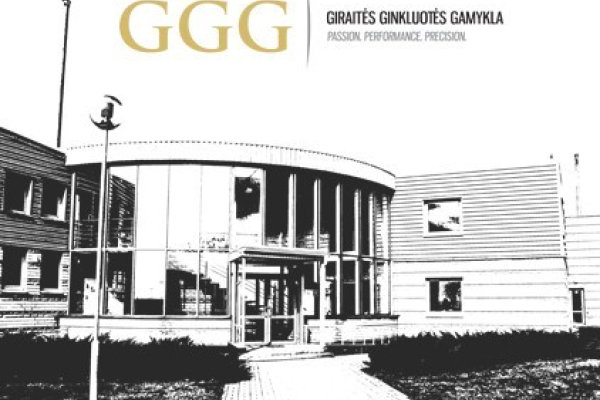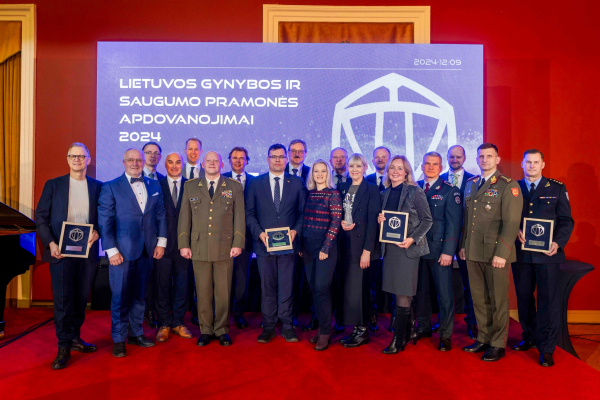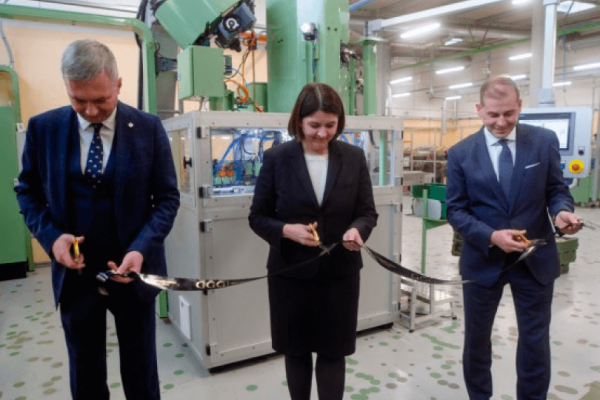Events

Attention – Beware of Scammers
We have recently detected fraudulent emails being sent out, falsely claiming to represent our company. These emails are sent from addresses that look similar to ours, may include our company signature, and often request payments for alleged services or products.

Partnership agreement signed for Rheinmetall Defence Lietuva
Gruodžio 20 dieną Vokietijos gynybos technologijų kompanijos „Rheinmetall“, energijos perdavimo ir mainų įmonių grupės „EPSO-G“ bendrovės „EPSO-G Invest“ ir Giraitės ginkluotės gamyklos atstovai oficialiai pasirašė bendradarbiavimo sutartį. Ja reglamentuojamas bendrovės „Rheinmetall Defence Lietuva“, kuri statys 155 mm artilerijos šaudmenų gamyklą, akcijų įsigijimas.

GGG - "Export Leader of the Year"!
We are proud to receive the prestigious Lithuanian Defense and Security Industry Award, recognizing our significant contribution to the export of defense products and enhancing Lithuania's reputation internationally.

Violeta Kašėtienė Appointed as Interim Director of AB Giraitės ginkluotės gamykla
AB Giraitės ginkluotės gamykla informs that, due to personal reasons, Director Aleksandras Nikonovas has resigned from his position. The Director submitted his resignation to the Board of Directors earlier this week, and the Board accepted his request, effective from October 8, at which point he will be formally relieved from his duties.

The expansion of Giraitės ginkluotės gamykla will increase production by 35%
“Giraitės ginkluotės gamykla” successfully continues its expansion work – today, the factory launched its encapsulation and cartridge loading equipment. It is expected that it will increase production up to 35% and will remove the bottleneck in cartridge assembly operations. This process completed the first stage of capacity building.

IWA OutdoorClassics 2024
The best-known manufacturers and traders meet here: The trade fair for hunting, shooting sports, outdoor activities and security starts on 29 February 2024 in Nuremberg.